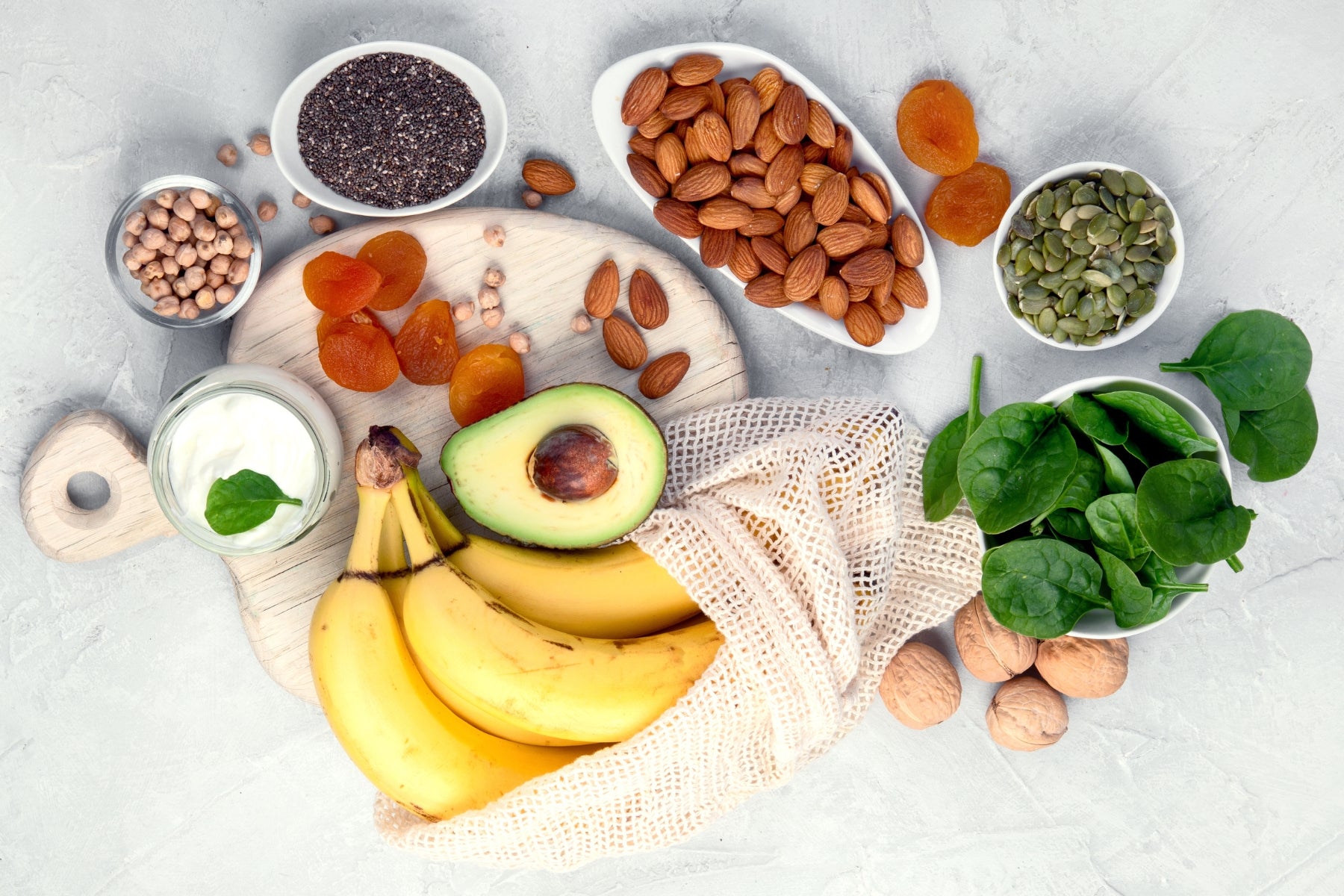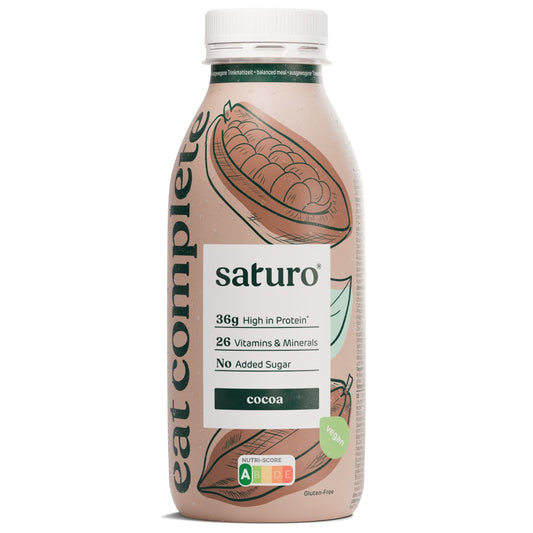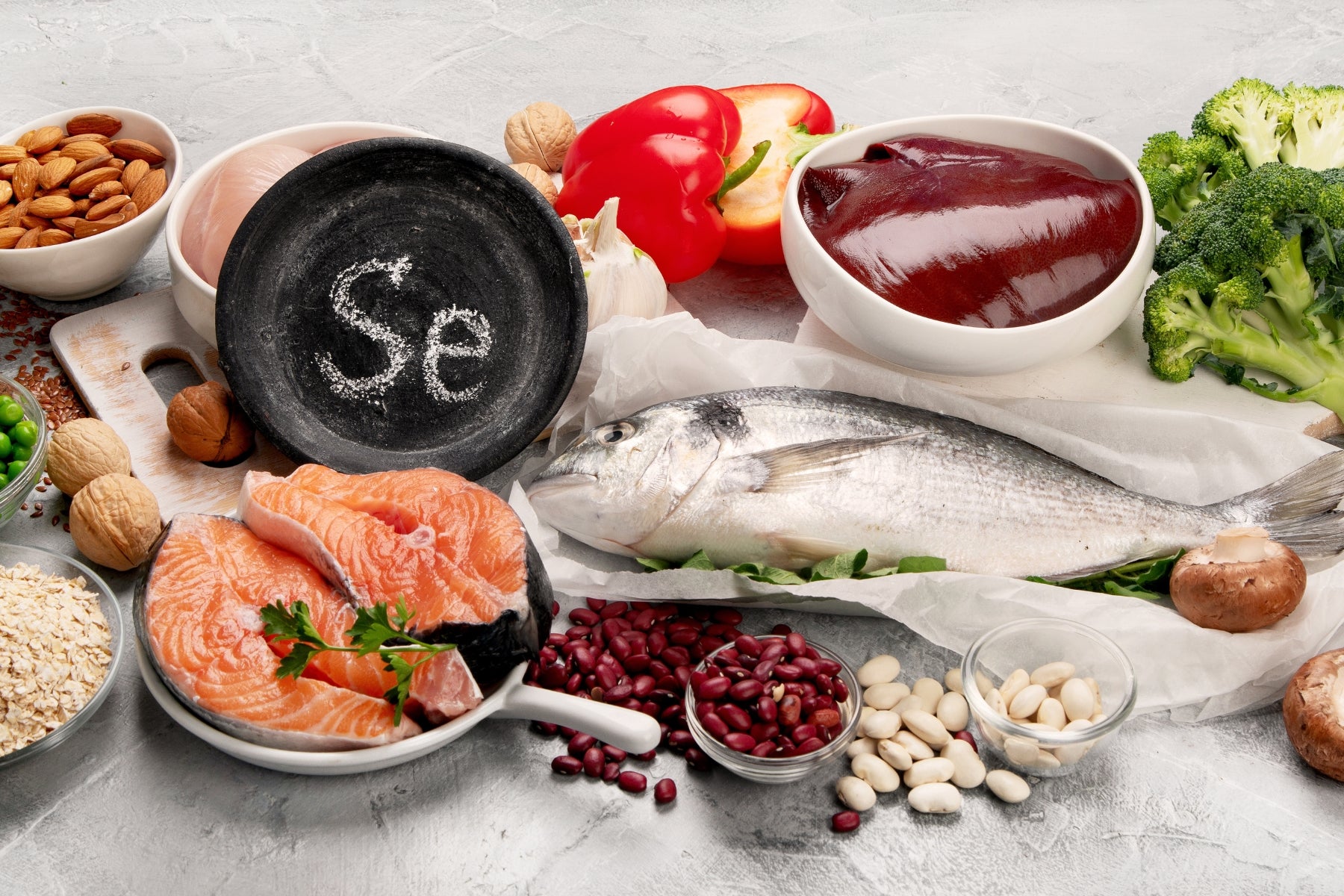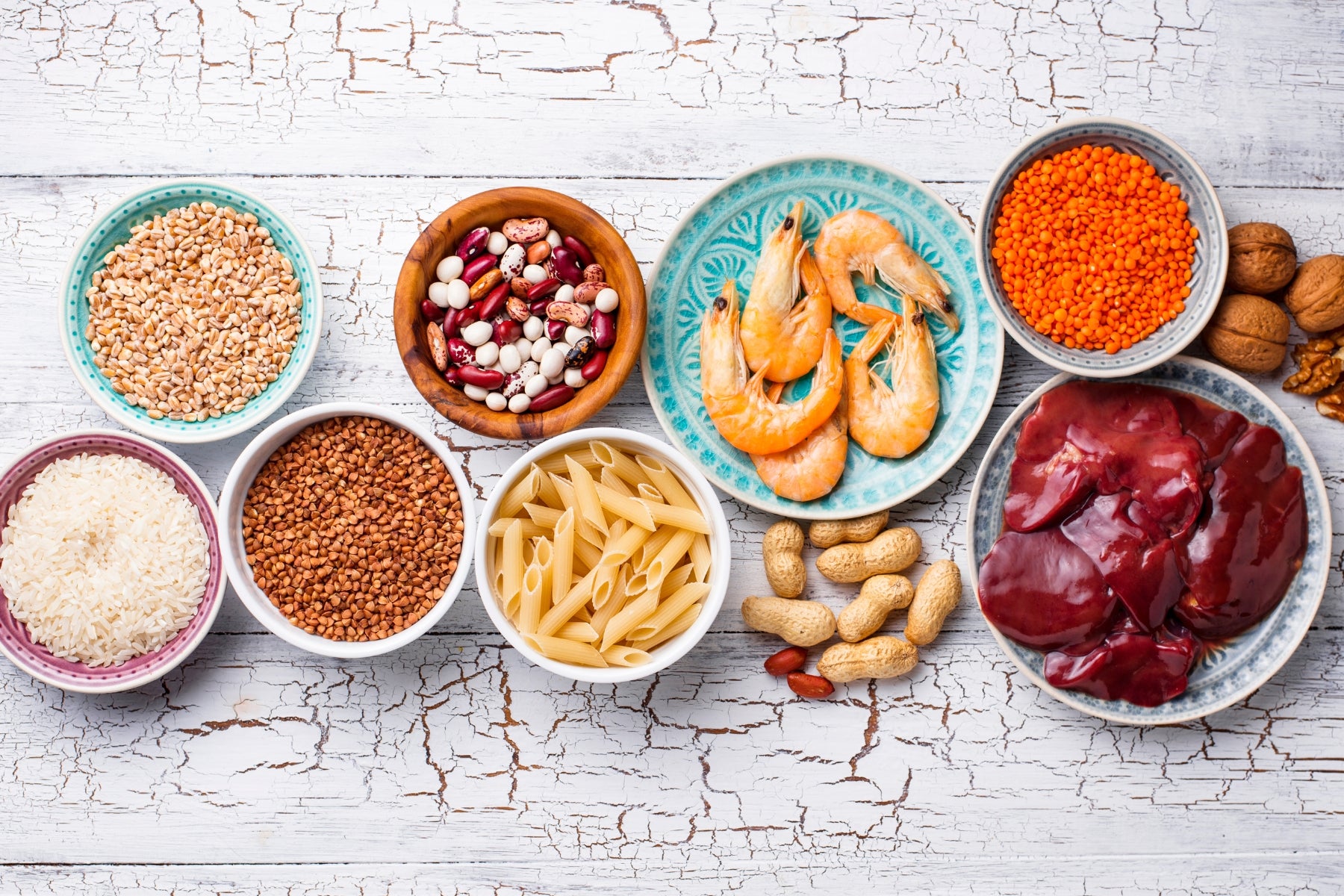Contents
1
What is manganese deficiency and how much manganese do you need every day?
2
Manganese deficiency symptoms
3
Causes of manganese deficiency
4
Manganese effect
5
Manganese in food
Vegan manganese sources (per 100 g)
Animal manganese sources (per 100 g)
Drinking against manganese deficiency





